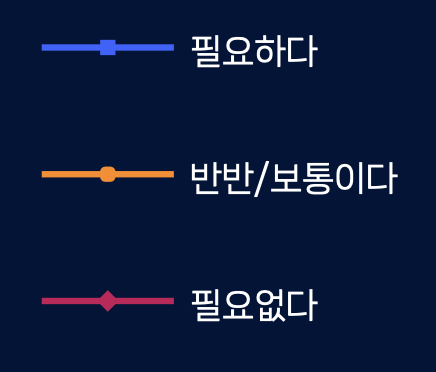[92nd Unification Studies Forum] Global Pandemics: More than just Microbes (Dialogue on systems, social enablers, and political will)
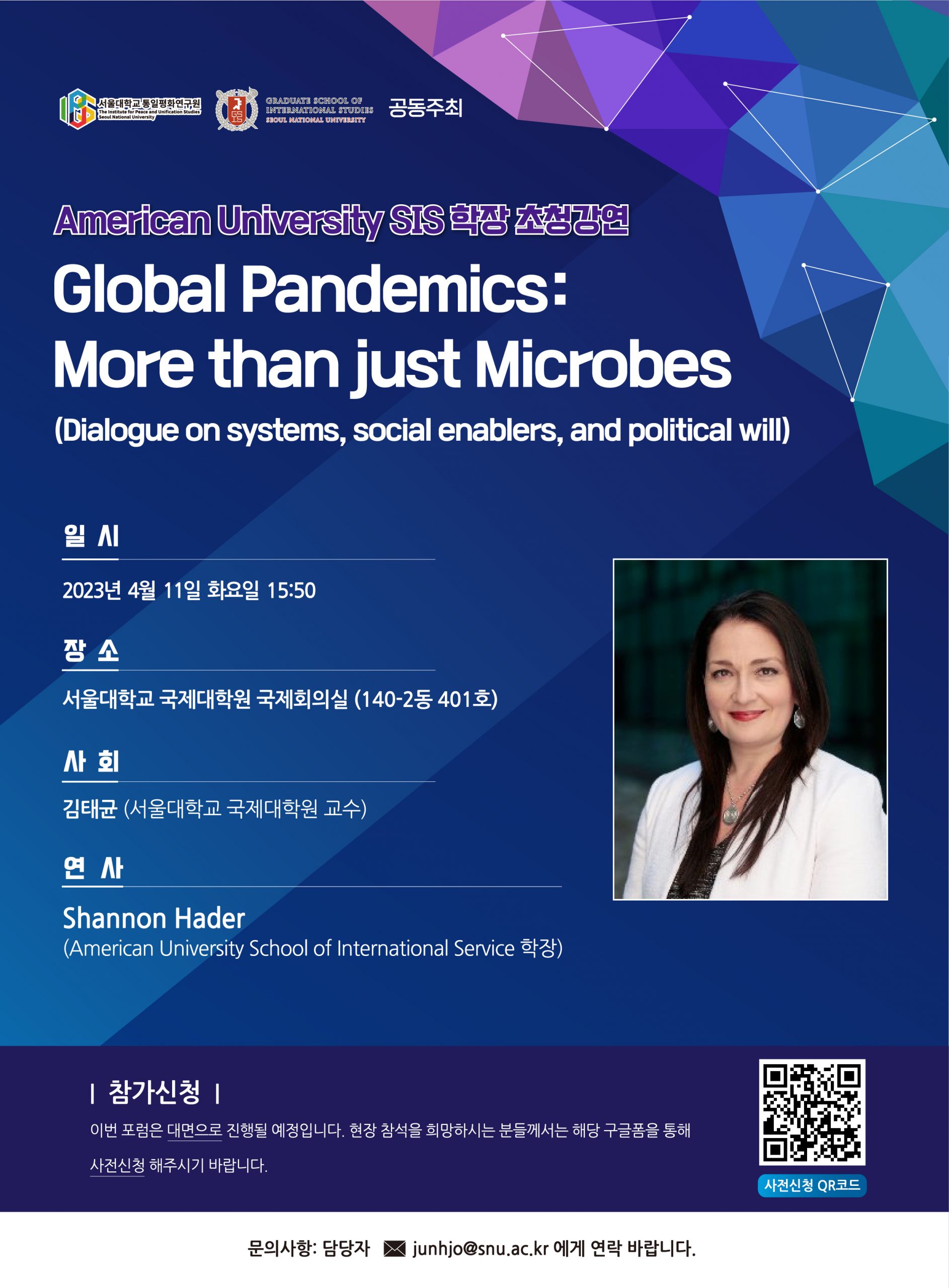
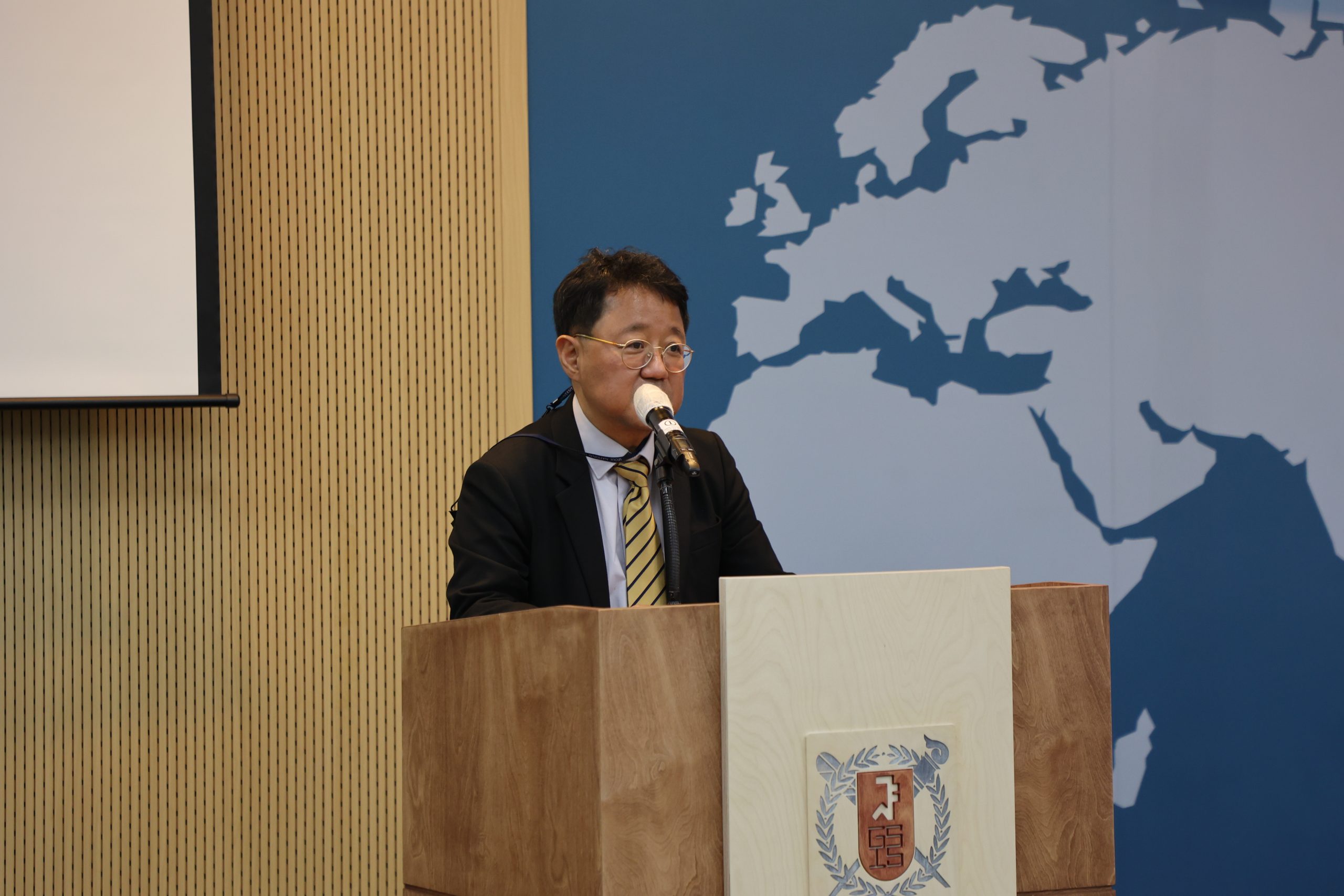
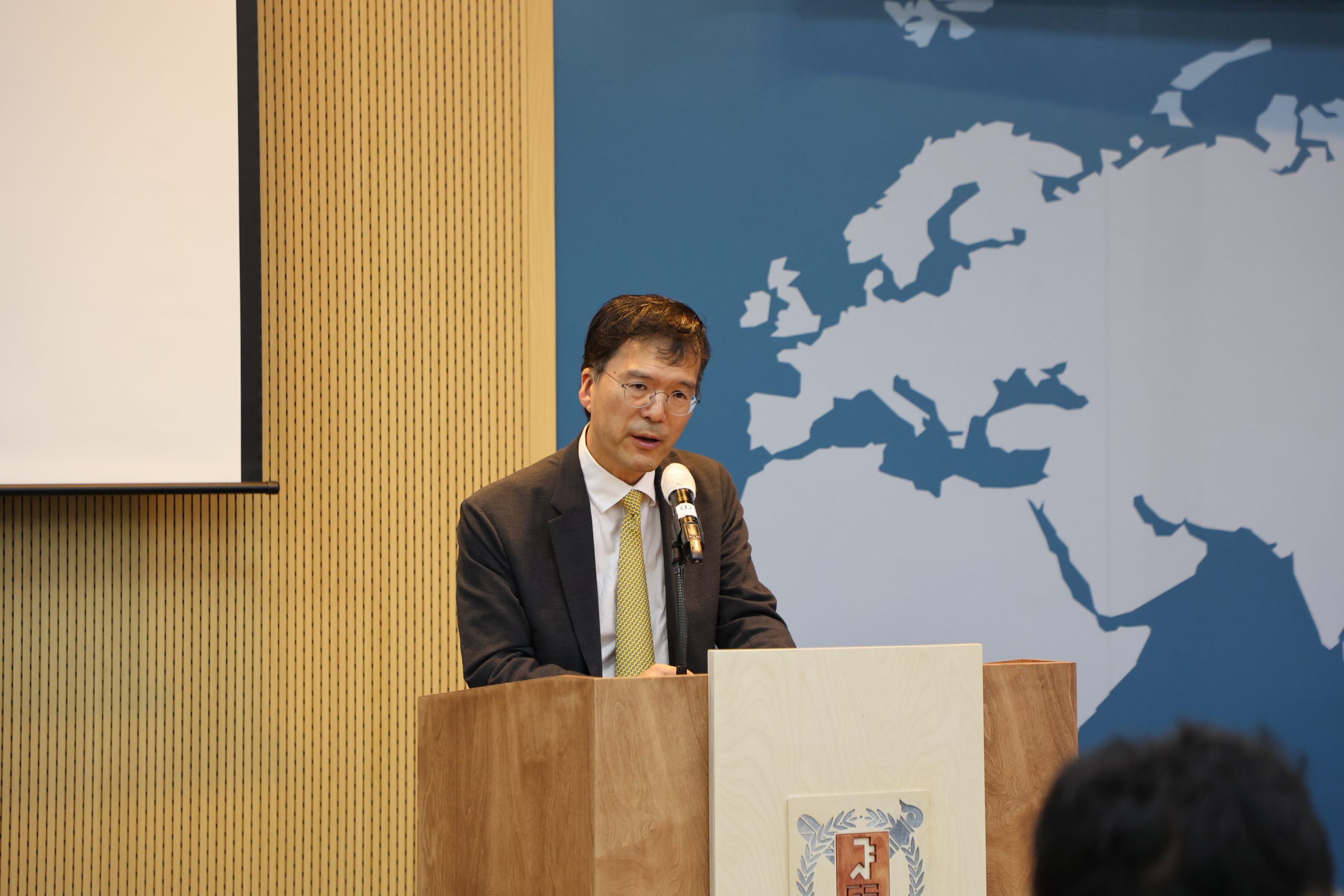
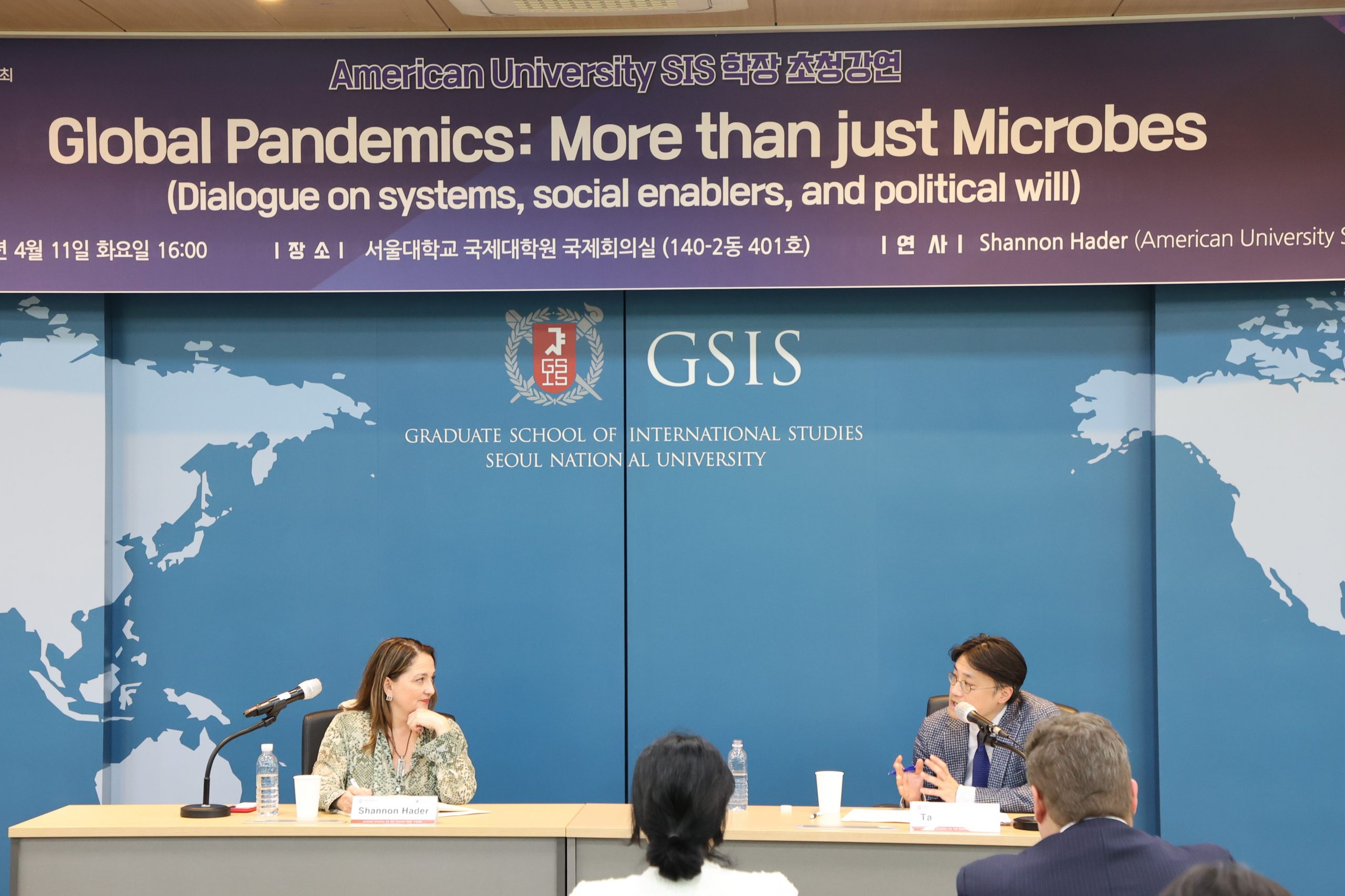
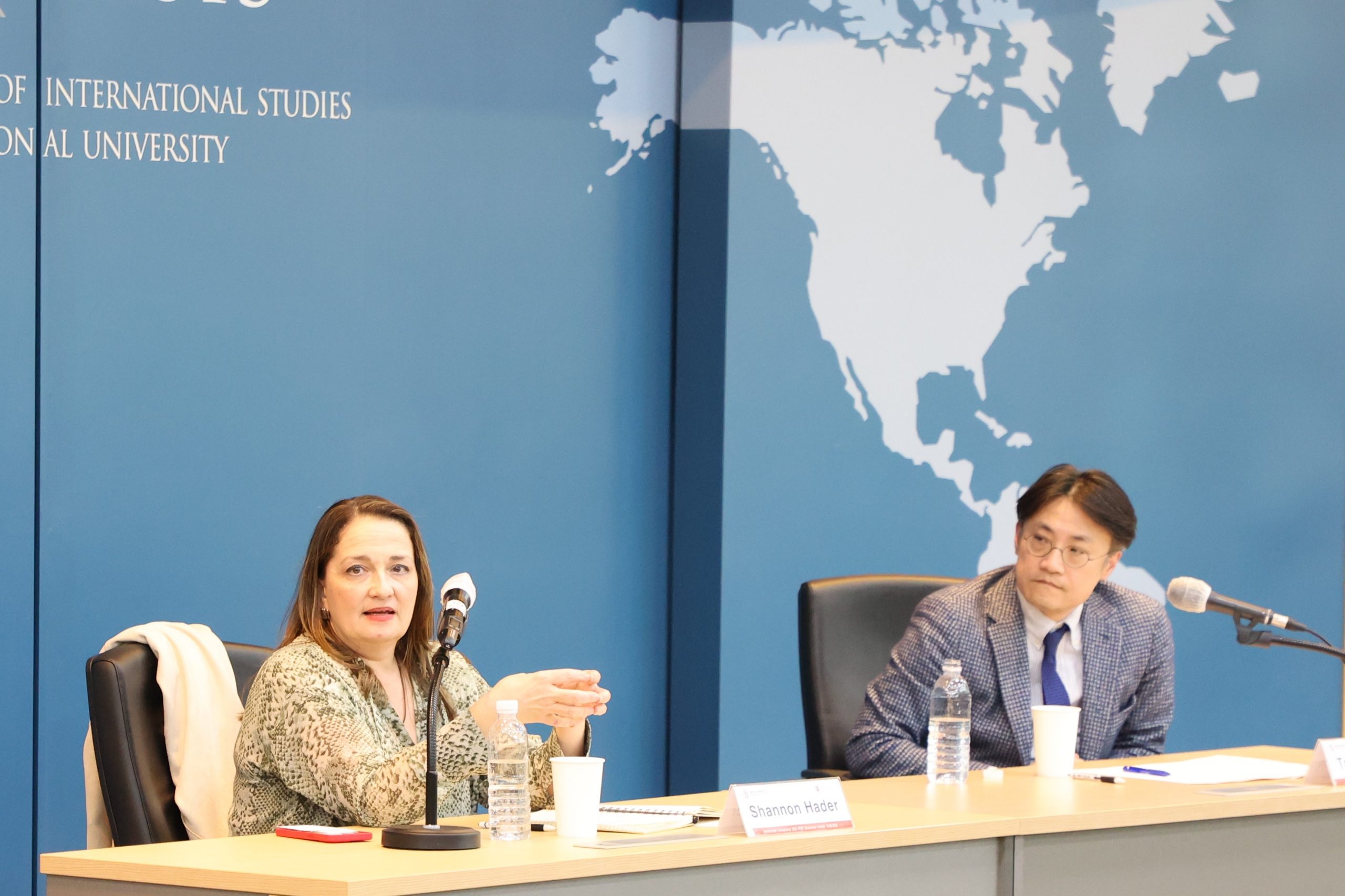
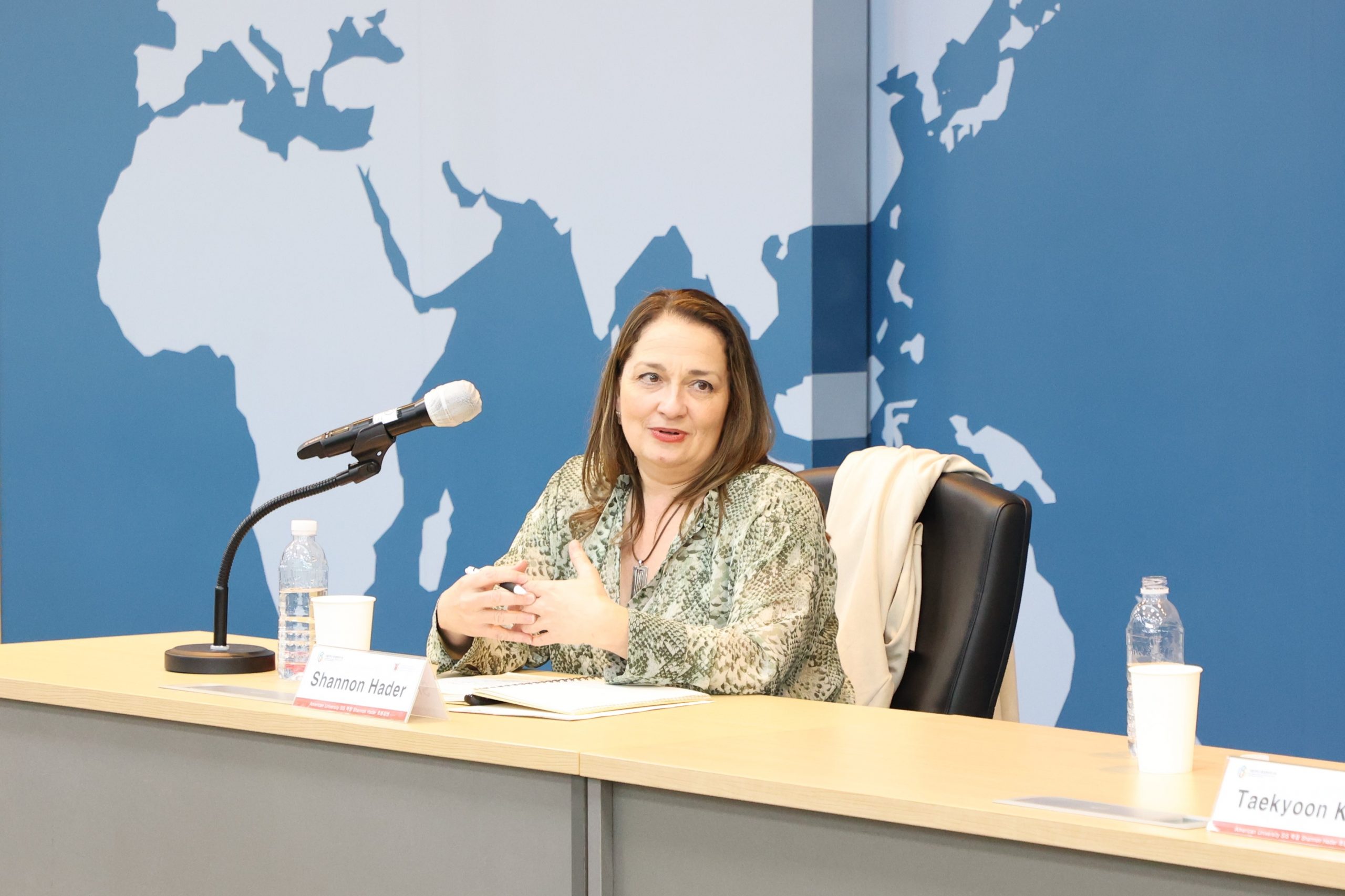
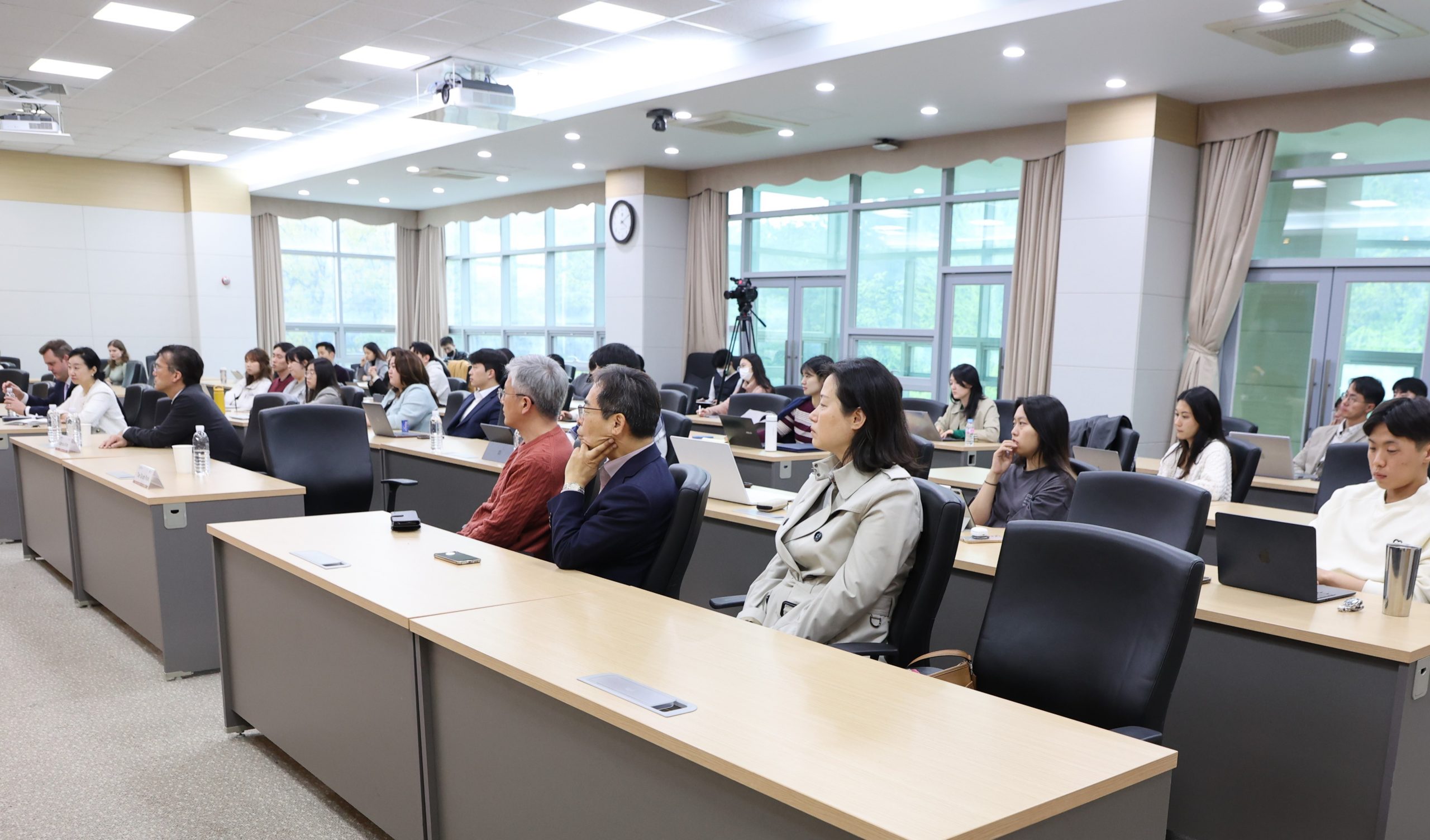
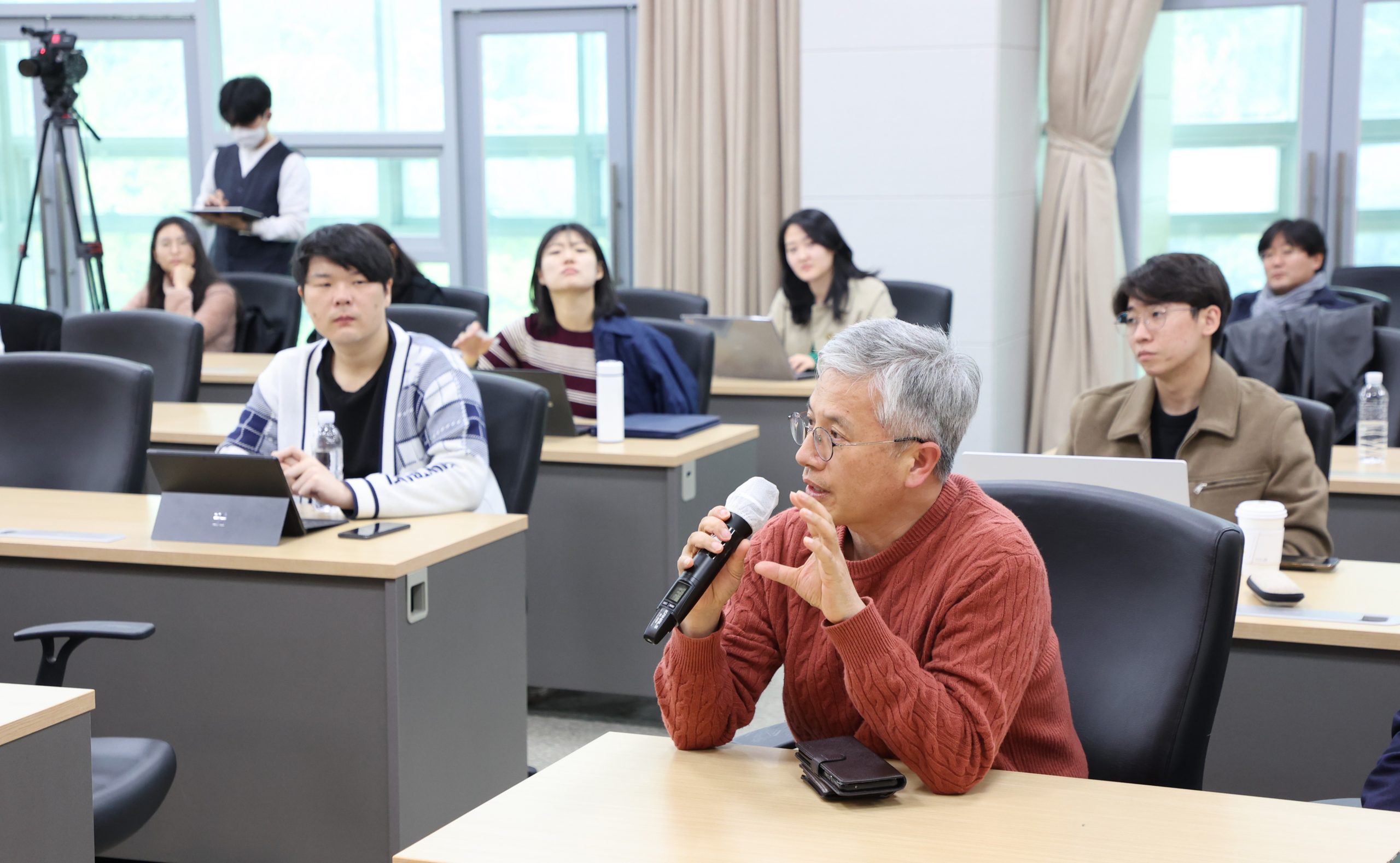
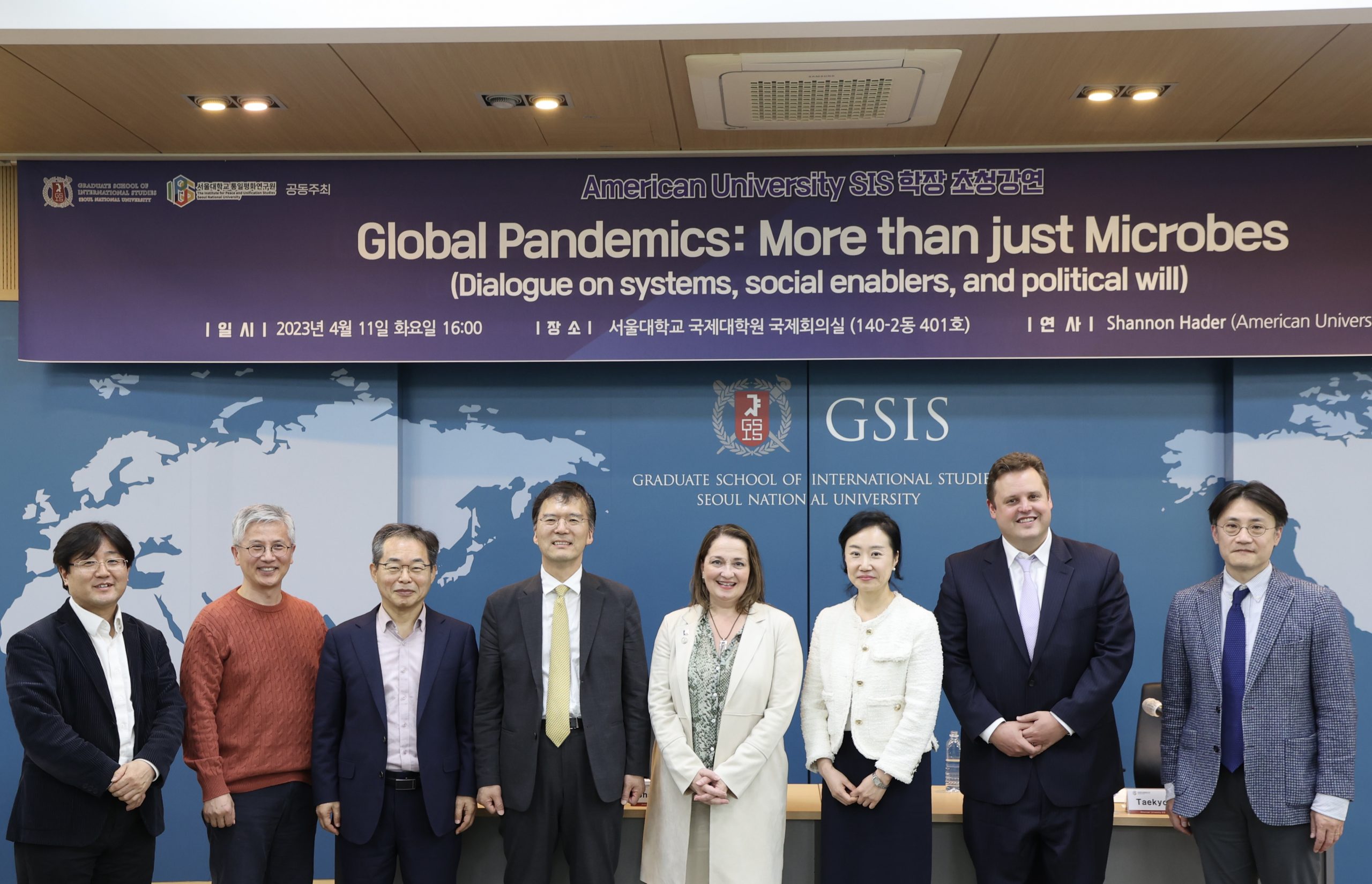
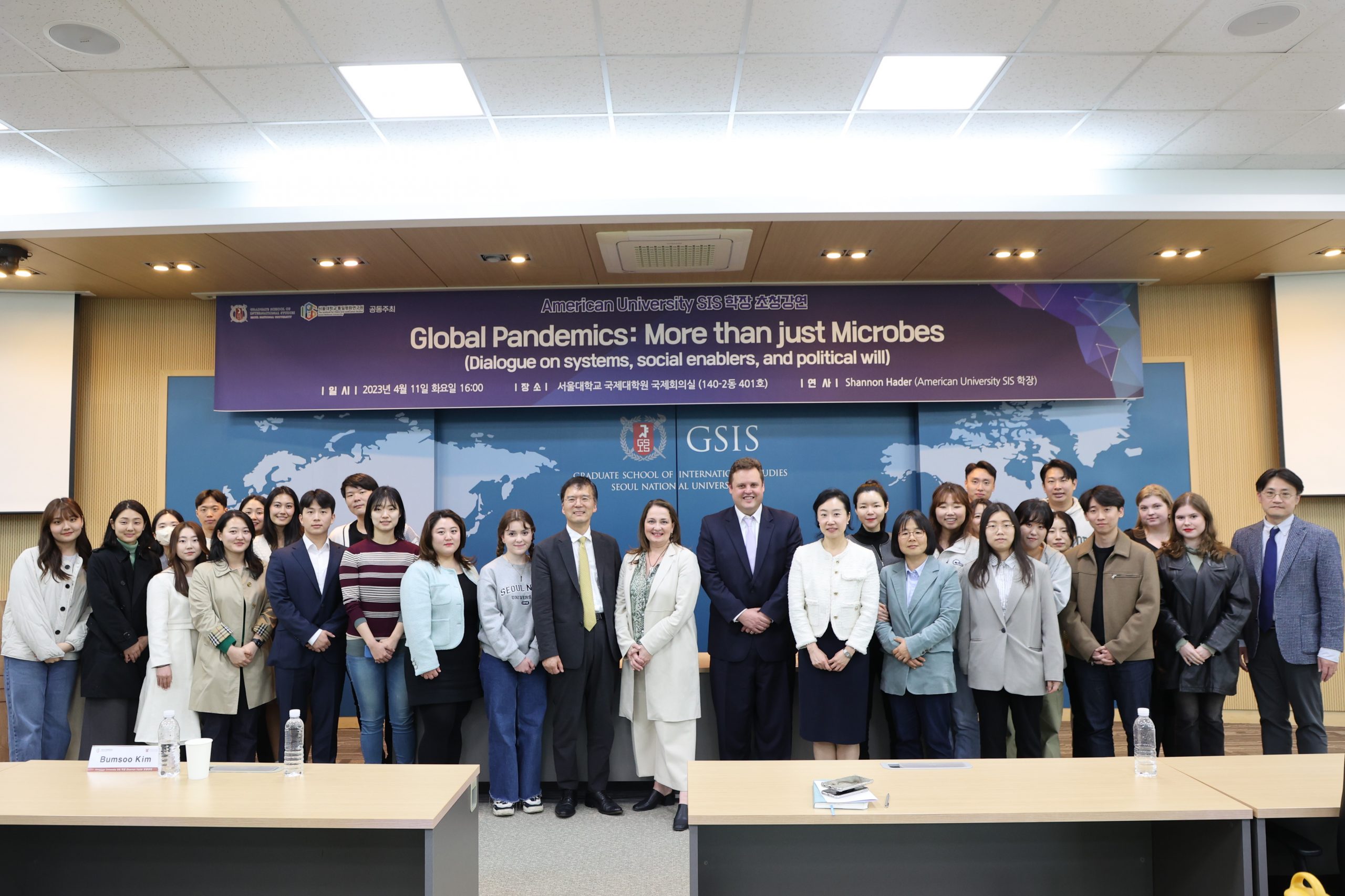
- Date&Time: 15:50~17:00(KST), Aril 11th(TUE), 2023
- Venue: International Conference Room, Graduate School of International Studies(GSIS) at Seoul National University
- MC: Taekyoon Kim (Professor, GSIS of SNU)
- Speaker: Shannon Hader (Dean of the School of International Service at American University)
- Theme: Global Pandemics: More than just Microbes (Dialogue on systems, social enablers, and political will)
The Institute of Peace and Unification Studies at Seoul National University, in collaboration with the Graduate School of International Studies(GSIS), hosted the 92nd Unification Studies Forum on Tuesday, April 11, 2023, featuring Shannon Hader, Dean of the School of International Service at American University, under the theme of “Global Pandemics: More than just Microbes (Dialogue on systems, social enablers, and political will).” The “Unification Studies Forum” is an expanded and revamped version of the “Unification Policy Forum,” which was held 75 times from 2006 to 2020, and is currently hosting its 92nd session. At this forum, Professor Taekyoon Kim of the Graduate School of International Studies at Seoul National University presided over the event, and both Professor Taegyun Park of the Graduate School of International Studies at Seoul National University (former dean of the Graduate School of International Studies) and Bumsoo Kim, Director of the Institute of Unification and Peace at Seoul National University, delivered welcome speeches to open the forum.
Dean Shannon Hader stated, “Countries that have experienced severe acute respiratory syndrome (SARS) or Ebola virus have systems that respond well to COVID-19,” and emphasized that “these countries can respond quickly to COVID-19 using previous patterns.” She continued, “Trust is the most important factor in providing healthcare services in pandemic response,” and emphasized that “how healthcare services are provided and by whom is as crucial as the goals of healthcare services is fully achieved.”
In particular, she stated that “it is most important for humanity to learn lessons from global pandemics,” and warned that “if social, political, and economic factors are not understood together, it will be difficult to respond properly to pandemics in the future.” Above all, Dean Hader explained the negative effects of “stigma” and warned that “fear and stigma divide people and polarize communities,” and that “certain countries and politicians have exploited this for political convenience, amplifying people’s fears and misconceptions.”
There was also mention of the HIV virus. Dean Hader stated, “As with COVID-19, there have been difficulties in maintaining a supply chain for scarce medical resources in HIV treatment,” and explained that “the United Nations (UN) established a global HIV strategy during the COVID-19 pandemic period to strengthen the role of community-led organizations, but many member countries saw this organization’s complementary role as a threat to their national sovereignty.” Dean Hader emphasized that “leadership and determination from governments around the world are necessary to address COVID-19 and other types of pandemics.”
















